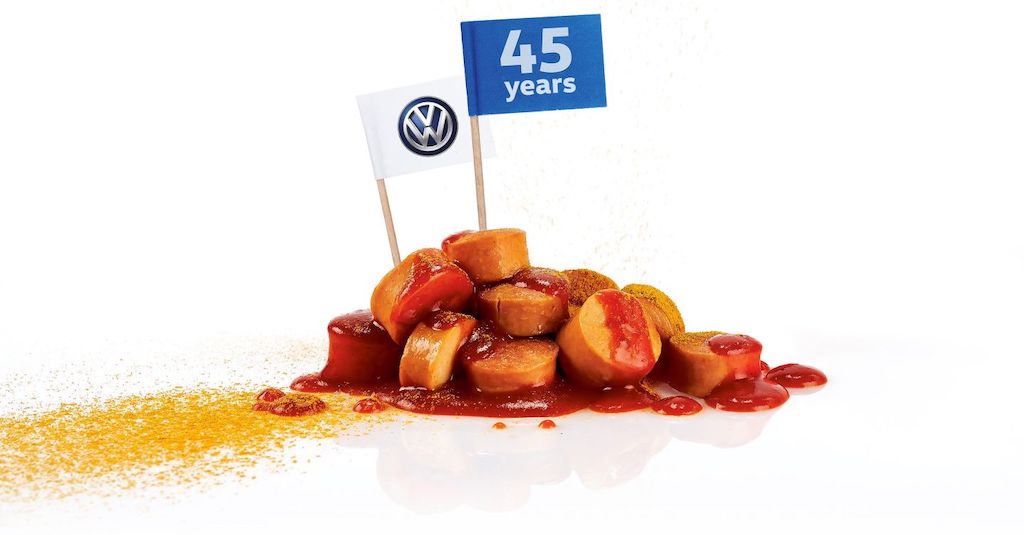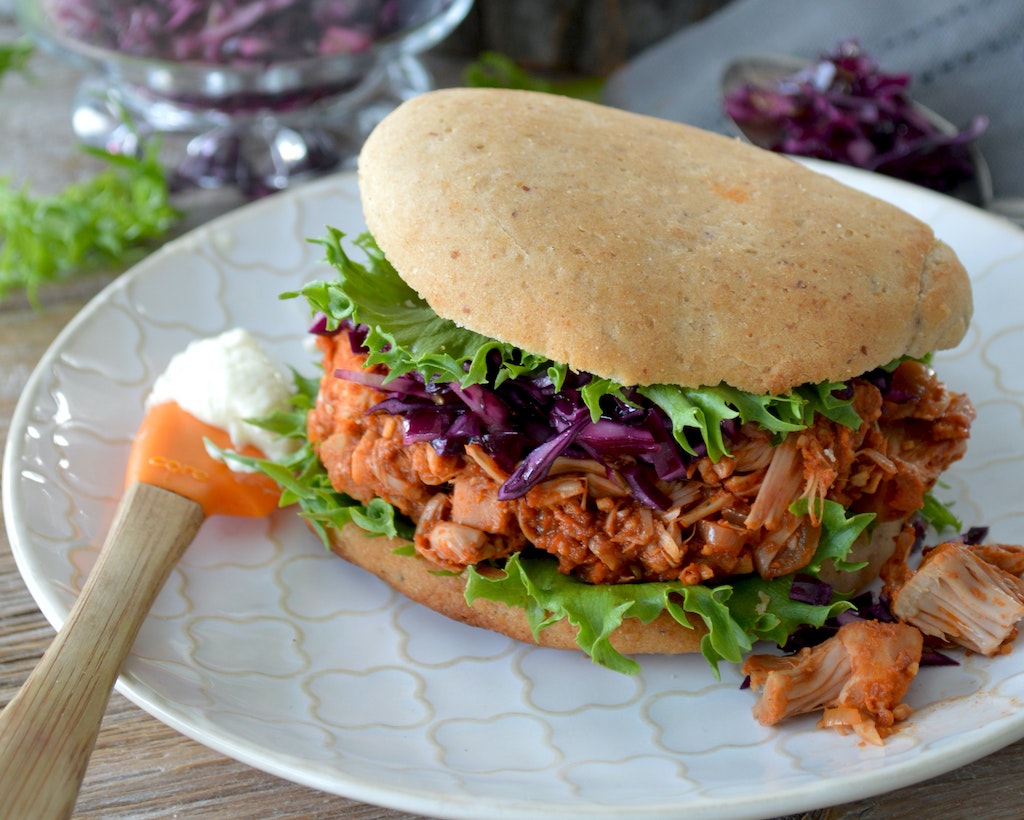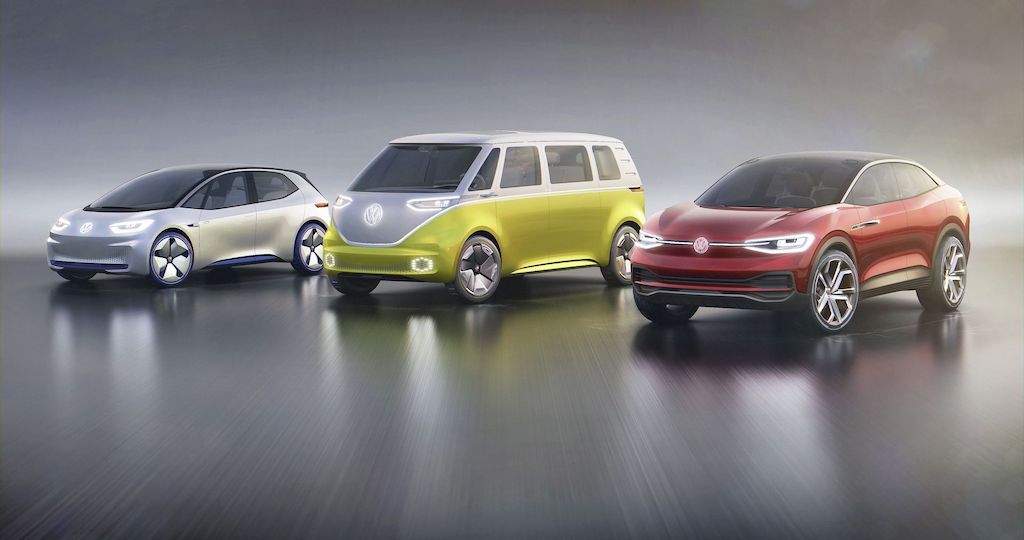3 Mins Read
Volkswagen has decided to ditch its traditional currywurst sausages for a low-carbon vegan version in its main cafeteria in a bid to become more sustainable. The German carmaker will also begin serving more vegan and vegetarian dishes, from jackfruit burgers to tofu salads, as part of a plan to remove factory farmed meat entirely from its factory cafeteria menus by 2025.
Volkswagen is ending its decades-long tradition of serving 18,000 currywurst sausages every single day to its factory workers across Germany. Instead, it’s going to make the iconic pork sausage dish with a vegan meat alternative, in a bid to offer its workers a healthier and more sustainable meal. Just like its traditional street food counterpart, the vegan sausage will be topped with a ketchup sauce, curry powder and served with fries or bread rolls.

It’s all part of Volkswagen’s plan to lower its emissions by removing factory-farmed meat across its facilities by 2025. According to one report from Wolfsburger Nachrichten, one of the company’s cafeterias in its massive Wolfsburg factory is even going fully vegetarian, serving up dishes like eggplant and jackfruit burgers and colourful veggie-packed salads.
‘Less meat, more vegetables’
In a LinkedIn post translated from German explaining the decision, Volkswagen Group CEO Herbert Diess said the topic of food was “really important to me personally” and that it is now going to get “better and healthier”.
Diess shared that the plant-forward cafeteria plan first began in May 2020. Since then, the culinary team, led by Volkswagen’s head of gastronomy Nils Potthast, has tested and developed a range of new vegetable-packed recipes—over 400 in total. By 2025, Potthast wants to remove all meat from factory farms from all cafeteria menus and increase the share of local and organic produce.

“Less meat, more vegetables, better ingredients – an immense step forward, much more contemporary,” said the CEO. “Good food is important, it is crucial for the health, the mood and thus also for the productivity of the employees.”
Meat is one of the most carbon-intensive foods. Livestock farming in the E.U. contributes more emissions than all cars and vans on the road, according to Greenpeace. Animal agriculture is also a primary driver of deforestation, soil erosion and water pollution.
Read: People identify as full meat-eaters are now a minority in Germany, poll finds
Volkswagen wants to go green
Shifting to a greener menu is undoubtedly a part of Volkswagen’s strategy to steer away from its tainted climate record. The carmaker was embroiled in the 2015 emissions scandal, known to many as “Dieselgate”, when the U.S. Environmental Protection Agency found that it had cheated emissions tests in around 580,000 vehicles it sold between 2006 and 2015 using a “defeat device”.

In a statement about the scandal on its website, Volkswagen said “the irregularities in the handling of emissions tests contradict everything we stand for” and reaffirmed it would “do everything in our power to prevent incidents of this kind from recurring, and are fully committed to re-embracing our standards and winning back public trust.”
Other sustainability commitments that Volkswagen has made include reaching net-zero by 2050, in line with the Paris Agreement. A major part of the plan is to fully electrify its new vehicle fleet, with at least 70% of all its unit sales within Europe to be all-electric by 2030.
Lead image courtesy of Freepik.



